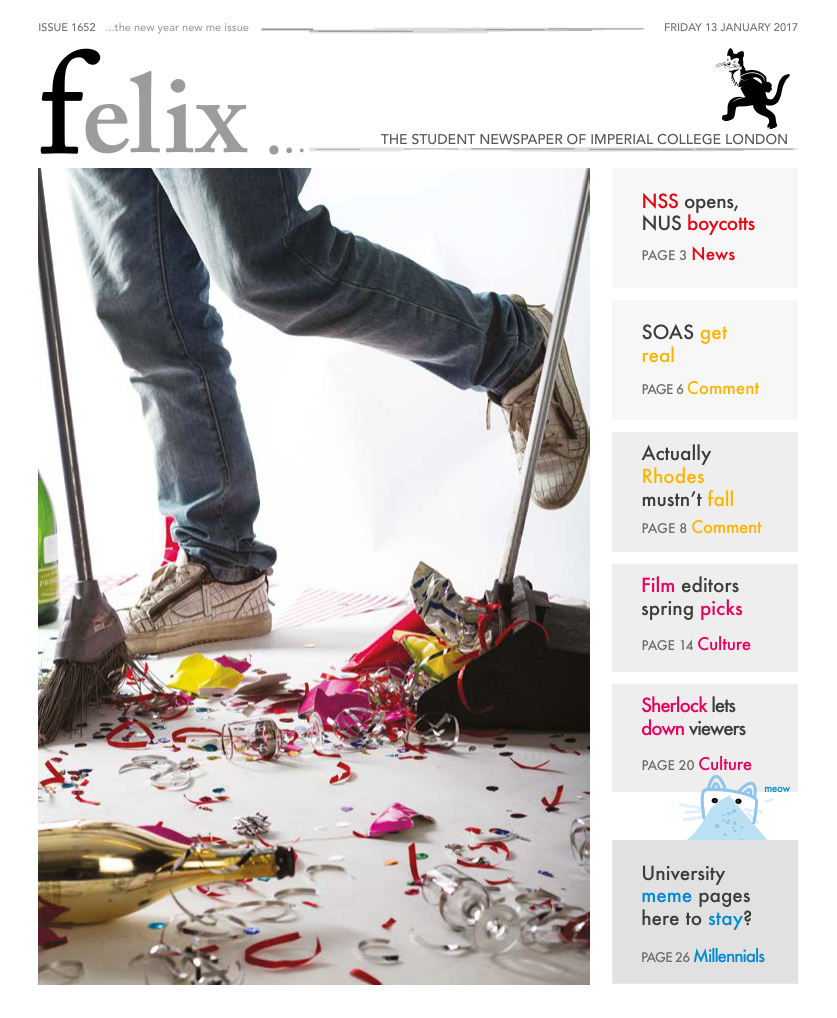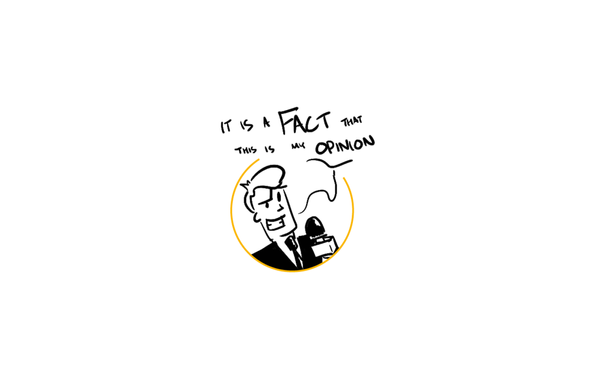Rhodes must stay
Divyen Vanniasegaram believes Cecil Rhodes is just a product of his time

In recent months, the ‘Rhodes Must Fall’ campaign has gained significant traction not only at Oriel college, Oxford but at several institutions in the UK and abroad. The campaign has attempted to have the statue of Cecil Rhodes removed due to his strong support for the apartheid movement in South Africa.
The campaign has had already had an impact at universities, with Queen Mary’s University, London having recently removed a foundation stone laid down by King Leopold II, a Belgian king associated with colonialism and the forced labour and death of many people in what is now the modern day Democratic Republic of the Congo. Many of those who have joined the campaign have not only riled against the statue of Cecil Rhodes as an individual who supported apartheid but against colonialism, imperialism and their historical influences on British education.
The views of Cecil Rhodes are of course abhorrent and would find no home in a modern civilized country but the issue of whether it is right to remove his statue is a very different prospect altogether. The removal of his statue would be an attempt to re-write history and ameliorate those parts that make us uncomfortable.
But this is not what we should learn from history and the mistakes we have made; we should be able to look on the past honestly and learn its lessons whether these reflect negatively on us or not.
We wouldn’t dare consider removing statues of Gandhi for all the great work he did in liberating India and bringing about her freedom because of his views on sexual assault and women’s rights. Many historical figures have had views which run counter to modern day values and these statues stand as a testament of how far we have come as a society and how far we must go further to live in a truly just and equal society. It does these figures an injustice to judge them by 21st century ideals and disregard the context in which their views were formed. Imperial College has a long and rich history, some of which is based in Imperialism. Our motto “Scientific knowledge, the crowning glory and the safeguard of the empire” and one of our aims “exploring and developing the raw materials of the Empire countries” highlight these links but it would be wholly inappropriate to attempt to change our motto as it is a part of Imperial’s history and is crucial to the story of how our university became what it is today.









